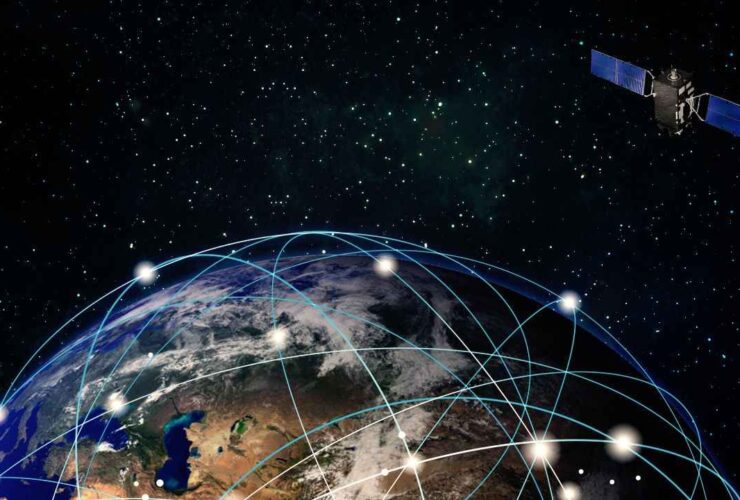Artificial intelligence has rapidly evolved into a core element of modern business.
Its impact on marketing is particularly evident, revolutionizing how brands engage customers and operate internally.
From personalization to automation, AI has changed the expectations and efficiency of marketing teams worldwide.
Enhanced Customer Segmentation and Personalization
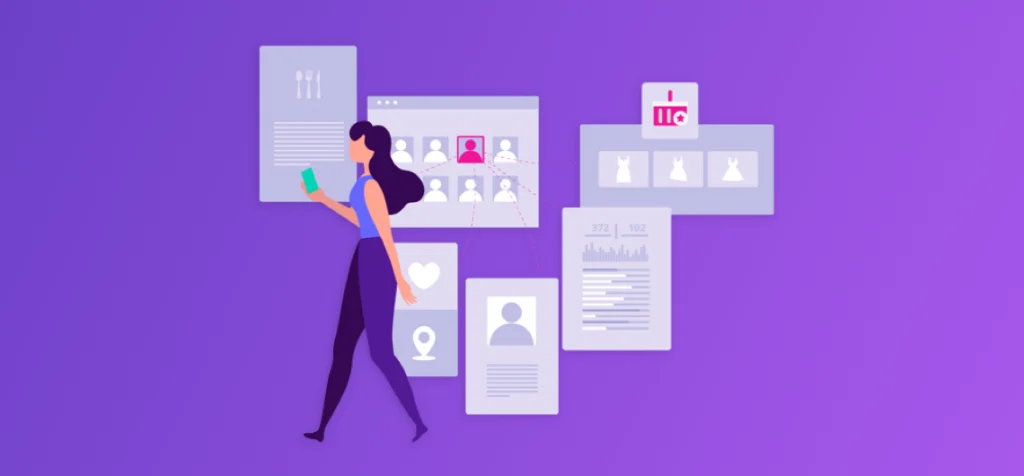
Traditional demographic segmentation is no longer sufficient. AI enables brands to segment audiences based on:
- Behavioral data
- Real-time interactions
- Purchase patterns
Missouri State research highlights how AI-driven tools segment consumers with far greater accuracy than human methods.
Hyper-personalization has become a scalable reality. Tools can now create tailored experiences, adjusting messaging, timing, and content based on each individual’s preferences.
Harvard DCE and Notion emphasize how AI helps companies go far past generic personalization.
Netflix and Amazon use AI to recommend content and products, adjusting in real time. AI-generated subject lines in emails further enhance click-through rates by appealing directly to individual user interests.
Real-time learning and behavior tracking allow marketers to respond instantly. No more broad targeting or static lists. AI sharpens campaigns with every interaction.
AI-Driven Content Generation
Generative AI has transformed how content gets produced. Long-form blogs, email sequences, ad copy, and video scripts can now be generated instantly with minimal input.
Notion and Harvard DCE highlight how AI tools reduce production time while supporting human creativity.
Writers no longer work alone. AI tools suggest structure, draft phrasing, and refine tone to match brand voice. Content creation becomes faster and more collaborative.
The final piece retains a personal touch but reflects hours of computational input.
AI supports content creation in areas such as:
- Blog drafting and topic ideation
- Personalized email and ad copy based on audience behavior
- Video script generation for product demos and ads
- Caption writing and social post formulation in seconds
Maintaining brand voice still matters. No business can afford to sound robotic. AI-generated content must align with company values and speak to its audience genuinely.
ChatGPT Detector tools play a role in ensuring that generated material remains distinctive and emotionally engaging.
AI operates as a creative partner. It multiplies output while leaving final decisions to humans. Marketing teams gain efficiency without compromising brand integrity or message clarity.
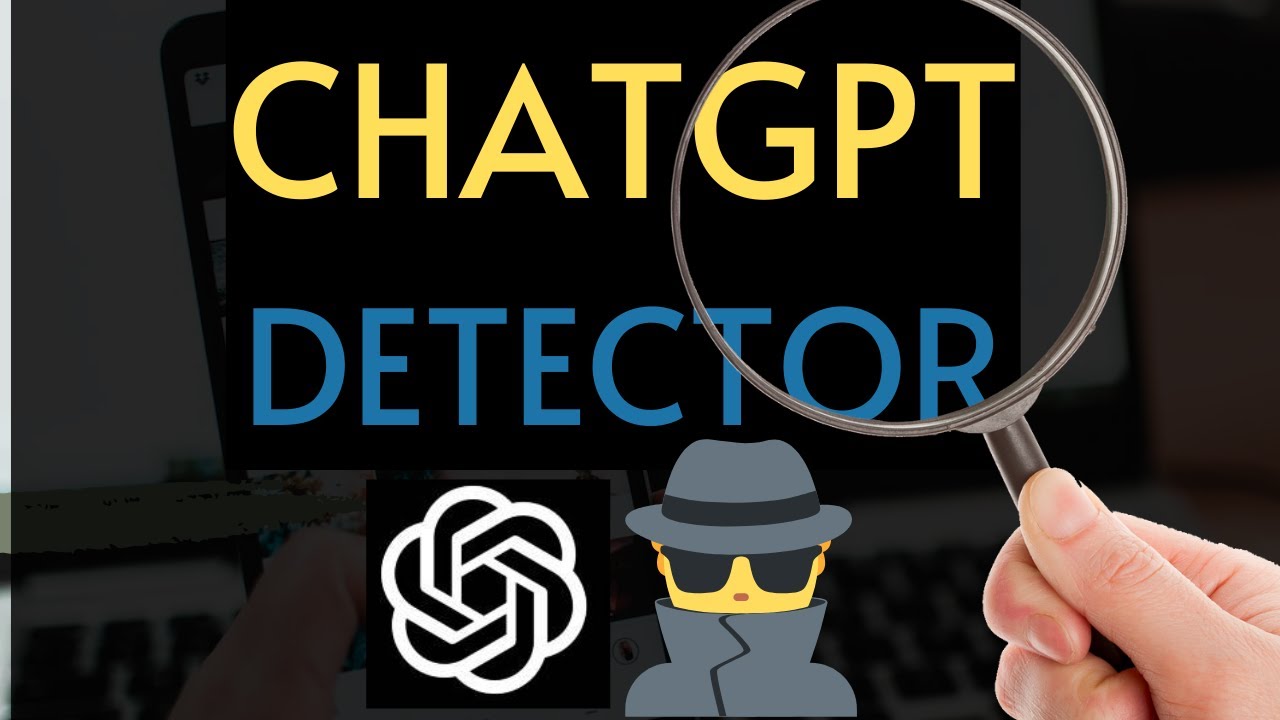
Marketing Automation and Operational Efficiency
Manual marketing processes used to drain time, energy, and resources. Now, AI-driven automation handles the routine, freeing teams to focus on high-impact strategy.
Tools powered by machine learning generate written content, schedule social media activity, and deploy email campaigns with minimal input. Harvard DCE and Notion emphasize that productivity spikes while human error drops significantly when AI takes over repetitive functions.
One area seeing tremendous change is customer interaction. Virtual assistants and chatbots provide immediate responses at any time of day. These tools don’t just answer basic questions—they walk customers through product selection, checkout, and even post-purchase follow-up.
Missouri State and Harvard DCE highlight how bots imitate human support while delivering faster resolution times. Marketing departments now maintain round-the-clock engagement without relying on live agents.
Workflow optimization benefits heavily from AI integration. Modern platforms connect communication, data, and campaign tools into a single cohesive system.
Businesses using tools like Blaze, HubSpot, and Notion AI experience seamless task management and campaign execution.
To illustrate the range of automation benefits, key features include:
- Task scheduling and reminders to keep marketing calendars on track
- Automated data analysis to evaluate performance in real time
- Content libraries and templates that adapt messaging to each audience segment
- Centralized dashboards for managing email, social, and paid campaigns in one view
Operations move faster and smarter with these capabilities in place. Cross-functional teams no longer waste time switching between tools or chasing data across platforms.
With AI handling the mechanics, human teams focus more on brand positioning, creative storytelling, and long-term growth.
Predictive Analytics and Forecasting
AI excels in identifying trends long before they become apparent to traditional systems.
Predictive models work by interpreting behavior data, purchase habits, and engagement patterns, giving marketers an advanced look at what’s likely to happen next.
Missouri State and Harvard DCE both point to machine learning as significantly more accurate and timely than conventional analytics.
Campaigns no longer depend solely on post-performance evaluations. AI predicts outcomes before launch, offering direction that can change messaging, placement, and timing instantly. Marketers no longer rely on intuition alone.
Lead scoring becomes a strategic advantage when AI is involved. It uses real-time signals like web activity, email engagement, and customer profiles to sort leads by potential value.
It allows marketing and sales teams to focus efforts on the most promising prospects instead of spreading resources too thin.
Forecasting tools powered by AI also support budget allocation and inventory management.
They reduce waste by helping businesses stock based on projected demand and avoid over-investing in underperforming campaigns.
AI-based predictive tools offer the following advantages:
- Anticipation of customer churn before it happens
- Identification of high-conversion behaviors across segments
- Forecasting demand for products or services to guide resource allocation
- Real-time adjustments during campaigns to maximize ROI
Popular platforms like Google Analytics 4, Optimove, and Salesforce Einstein make these capabilities widely accessible.
Their machine learning engines continuously improve as more data is collected, enabling highly adaptive strategic planning.
Localization and SEO Optimization
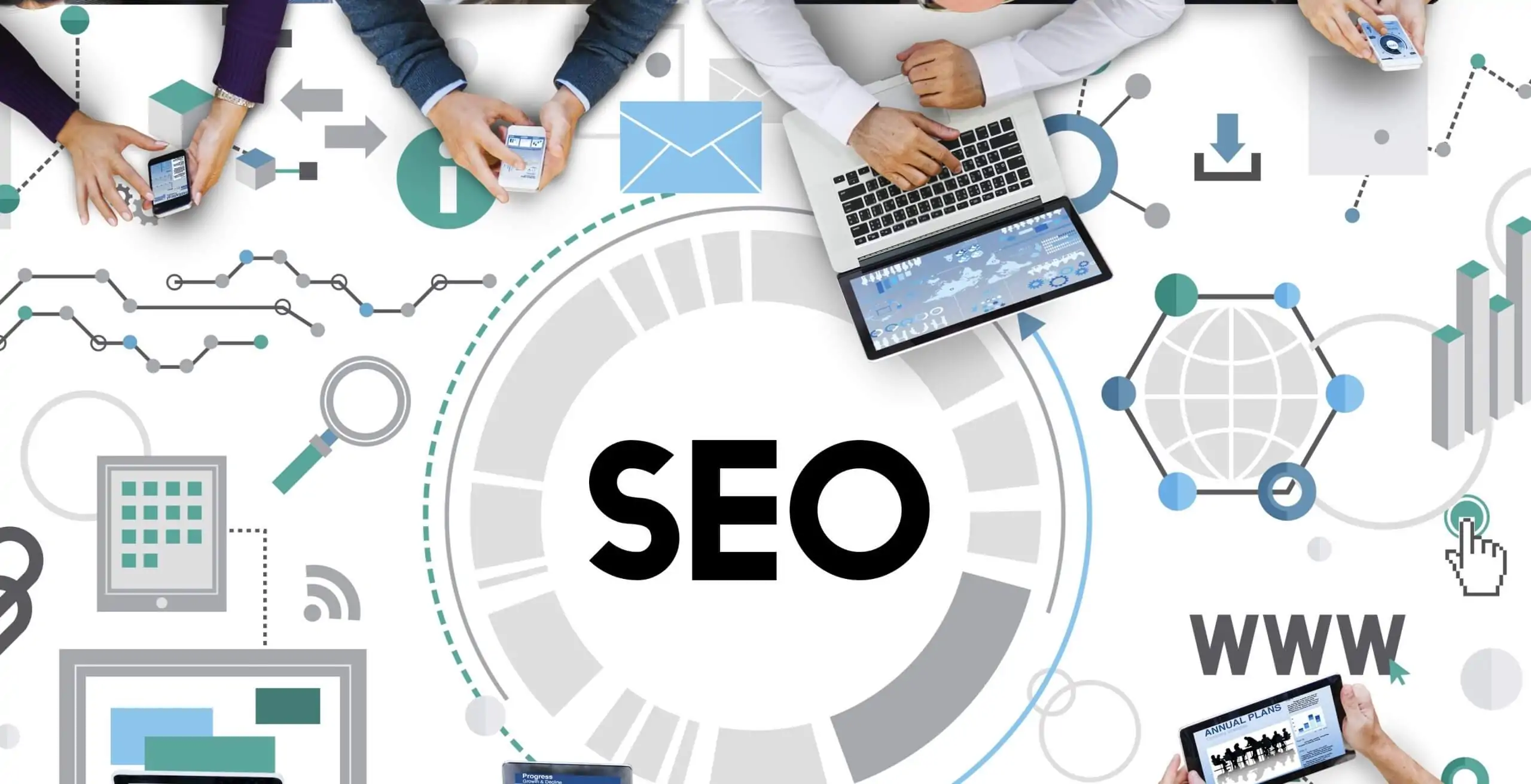
Global campaigns now operate with far less friction. AI-powered localization tools handle translation, dubbing, and adaptation for international audiences.
Messages don’t just translate—they resonate. Notion’s integrated tools support teams working across markets without needing large in-house translation departments.
Search visibility improves dramatically under AI’s guidance.
Algorithms analyze search trends, assess keyword competition, and automatically generate optimized metadata and headings.
Constant updates ensure content ranks well in evolving search environments.
Key benefits of AI in localization and SEO include:
- Automated translation and dubbing in multiple languages
- Cultural adaptation of marketing material for local relevance
- Real-time keyword analysis and content scoring
- SEO-focused recommendations based on user behavior trends
Localization and SEO used to depend heavily on trial and error. Now, data leads the way. AI enables fast decisions, instant testing, and constant learning.
Brands gain access to international audiences without overwhelming resources or losing quality in messaging.
The Bottom Line
AI transforms modern marketing through segmentation, automation, forecasting, content generation, and optimization.
Businesses that embrace AI gain better personalization, operational speed, and predictive power. Strategic adoption of AI positions marketers for long-term growth and competitive advantage.
The time to adopt is now; those who delay risk falling far behind.




